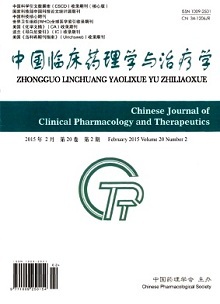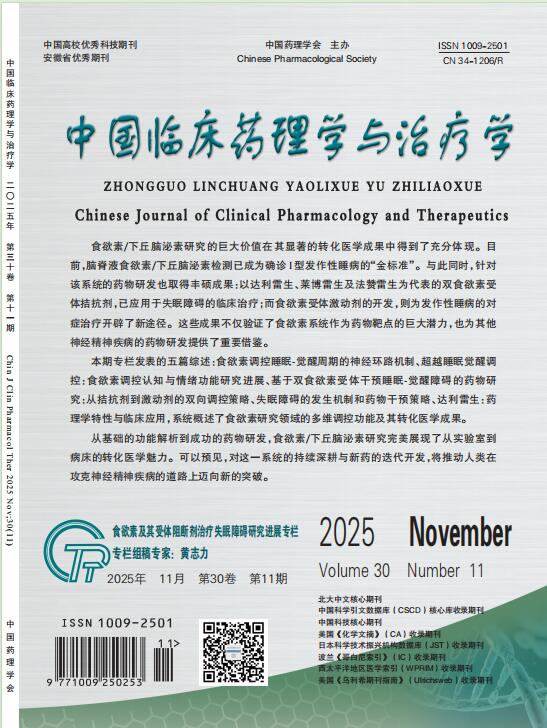Efficacy and safety of lixisenatide in comparison to placebo: a meta-analysis of randomized controlled trials
WU Yan, WU Cui-fang, WANG Jiang-lin
2015, 20(2):
167-174.
 Asbtract
(
273 )
Asbtract
(
273 )
 PDF (381KB)
(
317
)
References |
Related Articles |
Metrics
PDF (381KB)
(
317
)
References |
Related Articles |
Metrics
AIM: To estimate the efficacy and tolerability of lixisenatide in comparison to placebo in the treatment of type 2 diabetes.METHODS: PubMed, EMBASE, OVID, Cochrane, CNKI, VIP, CBM were searched and randomized controlled trials (RCT) of lixisenatide vs. placebo in treating type 2 diabetes were collected. The quality of included randomized controlled trials (RCTs) was assessed and then analyzed by the software RevMan5.2. The potential publication bias was performed by Stata 12.0 soft. Sensitivity analyses were used in the treatment course.RESULTS: Eight RCTs were ultimately identified. The results of meta-analyses showed that the proportion of patients that achieved an HbA1c <7%or≤6.5% was significantly greater in lixisenatide group than that in placebo group, there was statistical significance. The number of total adverse events, hypoglycemia, injection sites reactions, gastrointestinal disorders, nausea, vomiting, dizziness events in lixisenatide group was significantly lower than that in control group, there was statistical significance. Most of the adverse events reported were mild to moderate in intensity.CONCLUSION: The results of meta-analyses indicate that lixisenatide treatment for type 2 diabetes is effective. The major adverse of lixisenatide were hypoglycemia, injection site reactions, gastrointestinal disorders, nausea, vomiting, dizziness, headache, diarrhea. Although it may increase the risk of the adverse events,which reported were mild to moderate in intensity, lixisenatide appears to be an effective treatment for type 2 diabetes and a long-term study in large scale with high quality is required to confirm its long-term outcomes.


